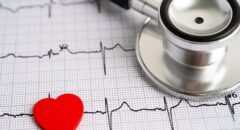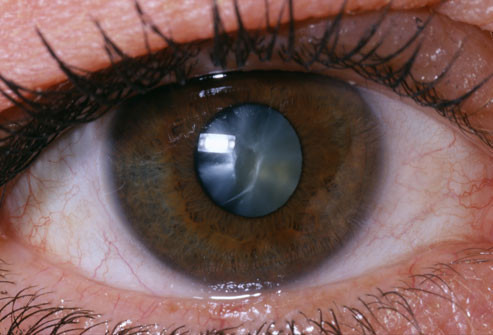Getting diagnosed with cancer is a heart-stopping experience and for Aimee Rodriguez-Zepeda it was literally that. She thought she’d overcome her greatest trial when she survived uterine cancer. Six years later, she learned she had a bigger test ahead when she was diagnosed with congestive heart failure.
A former Marine, Rodriguez-Zepeda thought her constant exhaustion was simply a byproduct of juggling a stressful job, four busy kids and getting older. But while listening to her heart during a physical in September 2014, her doctor heard something that didn’t sound right and referred her to a cardiologist.
A month later, the government contractor from Woodbridge, Virginia, was diagnosed with congestive heart failure and an enlarged heart. Her heart was working at 25 percent of its capacity. 
“Even as the doctors were telling me, I was in disbelief,” said Rodriguez-Zepeda, who was 39 at the time. “It was like my whole life flashed before me.” After her cancer went into remission, Rodriguez-Zepeda had enjoyed good health, stayed active and felt like she could take on anything. The heart failure diagnosis hit hard.
There was a big learning curve to start with. Unfamiliar with heart failure, Rodriguez-Zepeda worked with her medical team to learn more about the condition and how her life would change. Doctors told her damage sustained from her cancer treatment, along with a strong family history of heart disease and stroke, were likely to blame. Rodriguez-Zepeda always knew she had relatives from both sides of her family who had died from a heart attack or stroke, but hadn’t realized that it also meant she had an increased risk.






